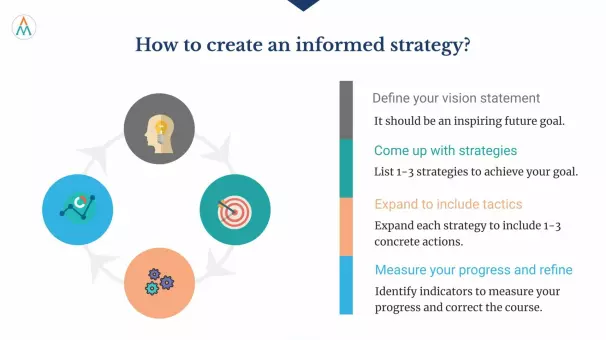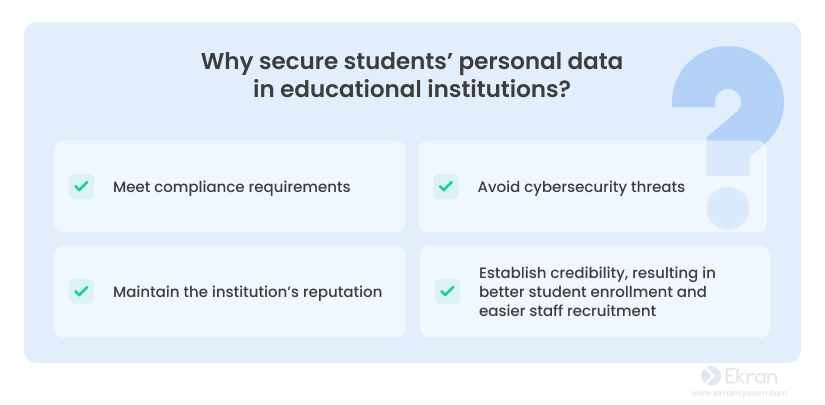“Ladder-like language” typically refers to language that escalates or intensifies a situation or argument, often unnecessarily. It can lead to misunderstandings, conflict, or an unproductive conversation. To let go of ladder-like language and promote more effective and constructive communication, consider the following tips:
1. **Practice Active Listening**: Truly listening to others can help you understand their perspective and reduce the urge to use escalatory language. Show empathy and validate their feelings and concerns.
2. **Pause and Reflect**: Before responding, take a moment to pause and think about your words. Ask yourself if your response escalates the situation or if it contributes to a more constructive conversation.
3. **Choose Words Carefully**: Select words that are neutral and non-inflammatory. Avoid using exaggerated or emotionally charged language that can fuel conflict.
4. **Use “I” Statements**: Express your thoughts and feelings using “I” statements rather than “you” statements. For example, say, “I feel frustrated when…” instead of “You always…”
5. **Stay Calm**: Maintain your composure, even in challenging conversations. Emotional reactions can lead to ladder-like language. Deep breathing and mindfulness techniques can help you stay calm.
6. **Seek Common Ground**: Look for points of agreement or common goals with the other person. Emphasize areas where you can work together rather than focusing on differences.
7. **Avoid Generalizations**: Be specific in your language. Avoid making sweeping generalizations about a person or a situation, as this can lead to escalatory language.
8. **Ask Questions**: Instead of making assumptions, ask clarifying questions to better understand the other person’s perspective. This can promote a more nuanced and respectful conversation.
9. **Use Positive Language**: Frame your ideas and suggestions positively. Instead of saying, “That’s a terrible idea,” you can say, “Have you considered this alternative?”
10. **Practice Conflict Resolution**: If a conversation becomes challenging, consider using conflict resolution techniques. This includes finding compromises and mutually beneficial solutions.
11. **Take a Break if Needed**: If a conversation becomes too heated, it’s okay to suggest taking a break to cool off. This can prevent the use of escalatory language and allow both parties to return to the conversation with a clearer mind.
12. **Be Mindful of Tone**: Pay attention to your tone of voice, as it can convey more than just the words you say. A respectful and non-confrontational tone can help diffuse tension.
13. **Empathize**: Try to understand the other person’s emotions and perspective. Expressing empathy can de-escalate a conversation and promote understanding.
14. **Use Humor (Appropriately)**: Humor can diffuse tension if used judiciously. However, be careful not to use sarcasm or humor that might be misinterpreted.
Remember that effective communication is a skill that takes practice. It’s also important to acknowledge that sometimes, despite your best efforts, the other person may continue to use escalatory language. In such cases, you can only control your own responses and approach to the conversation. Your goal should be to promote understanding, maintain respect, and work toward productive outcomes.






